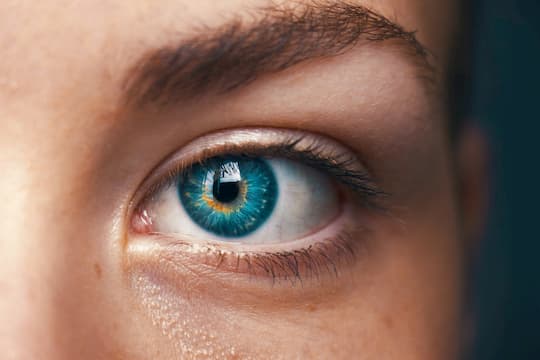A symptom of vitamin B12 deficiency that can be irritating.
Eye-twitching or facial pain can be signs of vitamin B12 deficiency.
While the symptom is not normally painful, it can be irritating.
The twitches normally occur in one eye at a time, or sometimes below them.
Eye twitching — known to doctors as myokymia — can also be caused by stress, tiredness, allergies or dry eyes, among other things.
Other common symptoms of a vitamin B12 deficiency include feeling faint, tired, experiencing muscle weakness and being constipated.
Vitamin B12 is used by the body to make red blood cells and to keep the nervous system healthy.
Certain types of people may have difficulties getting enough vitamin B12 in their diet: these include older people, those with Crohn’s disease and vegetarians.
Foods that contain good levels of vitamin B12 include liver, salmon, eggs and dairy, as well as breakfast cereals that have been fortified.
Vitamin B12 deficiency can also be treated by taking supplements.
If it remains uncorrected, vitamin B12 deficiency can lead to neuropathy, which is experienced as a tingling sensation in the legs, feet or hands.
Dr John D. England, a neurologist at Louisiana State University Health Sciences Center in New Orleans, said:
“People with suspected nerve problems should talk to their doctors about screening tests, especially blood glucose, vitamin B12 level and serum protein levels, since these tests can often point to common causes of neuropathy.”
Dr England continued:
“There are many people with a neuropathy who have been walking around for years without having been diagnosed and treated.
Both neurologists and people with neuropathy need to know that the appropriate choice of tests is critical to accurate diagnosis.”
The guidelines were published in the American Academy of Neurology.










